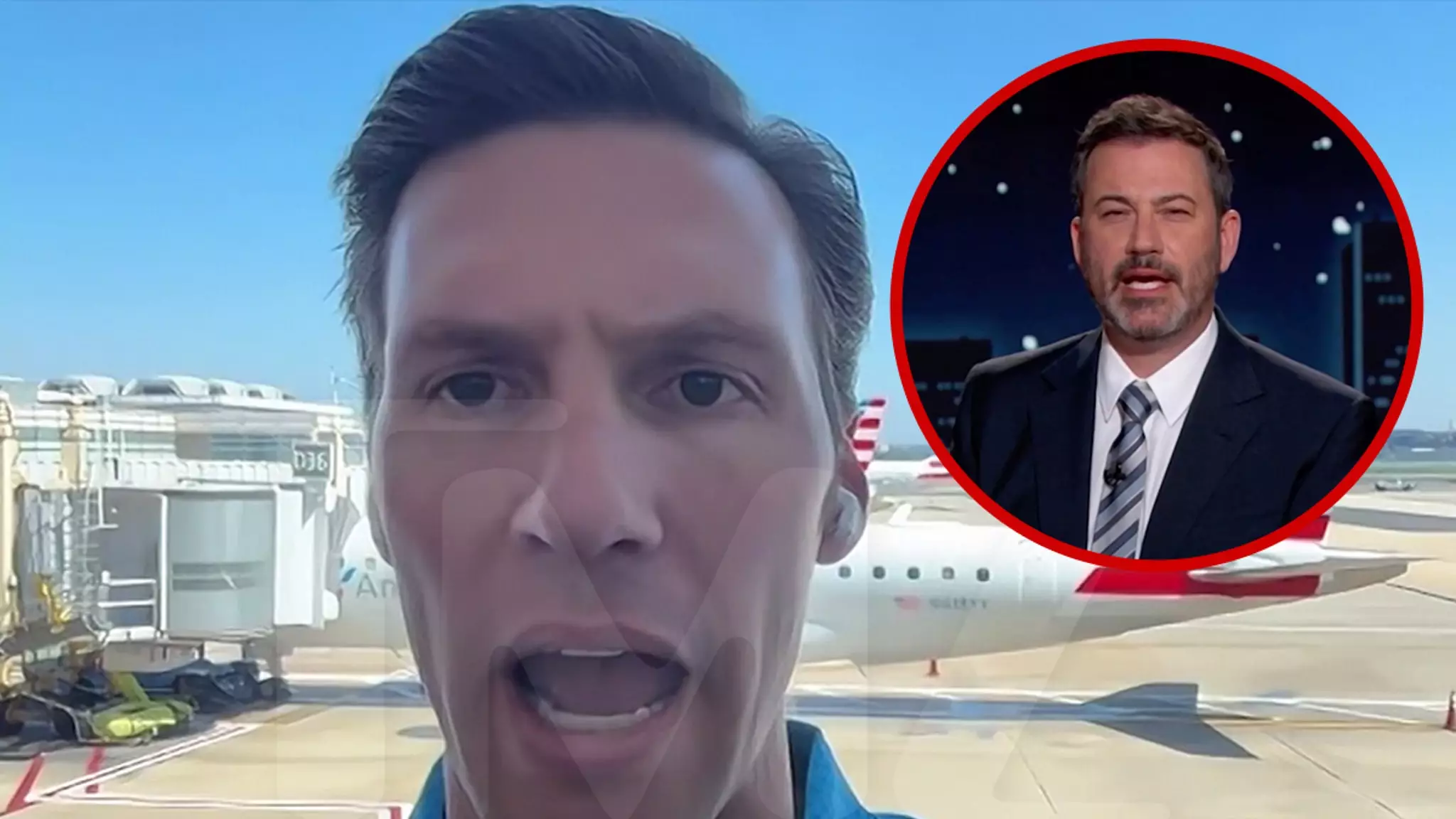The recent controversy surrounding the suspension of “Jimmy Kimmel Live!” highlights a troubling tendency among authorities and corporations to undermine fundamental freedoms under the guise of maintaining decency or public order. The Federal Communications Commission’s (FCC) involvement, driven by pressure from Chairman Brendan Carr, exemplifies how government power can encroach prematurely upon artistic expression and journalistic independence. While some argue that broadcasters need to regulate content for the sake of community standards, this incident should serve as a stark reminder that censorship driven by political or regulatory interests weakens our democratic foundations. It’s not the role of government to decide what is acceptable speech—it’s the marketplace of ideas that should determine this, not state enforcement.
The Power of Words and the Need for Responsibility
Freedom of speech is a cornerstone of American democracy—yet, it is often misunderstood or exploited to justify reckless behavior. Rep. Pat Harrigan’s stance underscores a critical nuance: our rights are not carte blanche to speak without accountability. While the First Amendment protects us from government censorship, it does not grant immunity from consequences of irresponsible or inflammatory speech. Kimmel’s comments, perceived as crossing a line, ignite a broader debate on the boundaries of satire and the importance of personal responsibility. The fact that public figures are protected by free speech does not exempt them from societal repercussions or discourage respectful discourse.
The Illusion of Power and the Role of the Media
This episode also exposes a troubling trend in how media and political actors respond to criticism or controversial opinions. The swift removal of Kimmel following public outrage, amplified by political figures and pressure from regulatory bodies, reveals a tendency to prioritize appeasement over defending free expression. This sets a dangerous precedent where vocal critics or unpopular opinions could be silenced if they threaten convened power structures. Ironically, the media’s role should be to challenge and scrutinize, not capitulate when faced with collective outrage. True resilience in democracy lies in protecting diverse voices, even those with whom we vehemently disagree.
The Double Standard and the Threat to Artistic Freedom
Critics, including figures like Rep. Harrigan, correctly argue that the double standard is palpable: public figures such as Donald Trump often receive a different level of vitriol, yet they maintain their influence and space in public discourse. Meanwhile, comedians and late-night hosts, perceived as offering satire, are increasingly vulnerable to censorship. The suppression of Kimmel’s voice raises questions about whether logic or moral panic is driving policy decisions—an alarming trend that threatens to silence critical commentary. Artistic expression is vital to societal progress, and its suppression risks transforming the marketplace of ideas into a controlled domain where only approved narratives flourish.
The Reality Check: Are We Sacrificing Our Freedoms for a False Sense of Security?
In essence, the calls for censorship in this case are emblematic of a wider cultural shift toward constraining free speech out of fear of offending certain groups or responding to transient political pressures. The ideal of free expression is imperfect but invaluable; it demands that we accept uncomfortable ideas and learn to navigate their implications responsibly. The solution should not be restricting speech but fostering an environment of debate, respect, and critical thinking. When regulatory bodies and powerful corporations bow to the loudest voices, they undermine the very freedoms that define American society. Protecting free speech requires resilience, not capitulation—it is a collective responsibility that must be upheld at all costs.

Leave a Reply